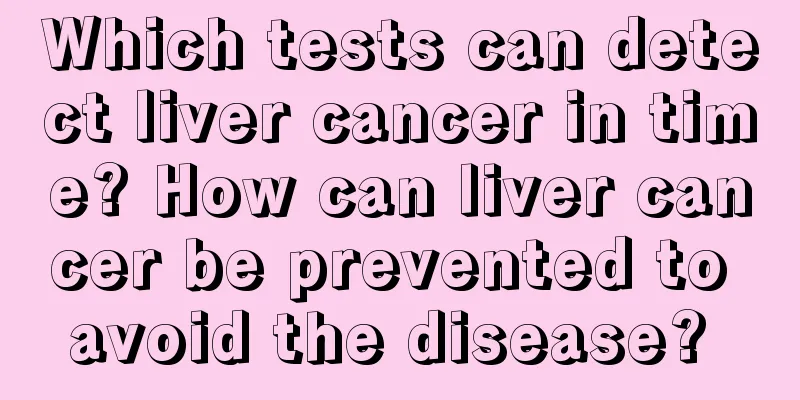Dizziness is what is missing

|
Although dizziness will not cause substantial harm to the body, it can cause the body to lose its sense of balance and the ability to stand. The body's tilting after dizziness will inevitably cause some accidents, posing a greater safety hazard to the body. There are many reasons for dizziness, and modern research has found that most dizziness is related to nutritional deficiencies in the body. Let’s take a look at what causes dizziness. Dizziness can be divided into two types: lightheadedness and vertigo. Dizziness and lightheadedness can lead to nausea or a feeling of possible fainting, so lying down may help. Dizziness, however, is another matter, as it causes a feeling of dizziness and makes it difficult to maintain balance. While there are many factors that can cause dizziness, most of them are related to nutritional deficiencies in the body. Iron deficiency (anemia) If your diet lacks iron-rich foods like green leafy vegetables and eggs, it will be difficult to produce enough hemoglobin and red blood cells. These cells are responsible for transporting oxygen throughout the body. A lack of red blood cells can lead to an inadequate supply of oxygen, which can cause dizziness, fatigue, shortness of breath and other problems. Sometimes, people who eat a healthy diet can still be iron deficient, which may be related to the body's difficulty absorbing iron. These people are advised to take vitamin C supplements, which aid in the absorption of iron. Vitamin B12 deficiency B12 plays an important role in human growth and is responsible for DNA synthesis and nerve function. It is also needed for red blood cell production and various acid reactions in the body. Vitamin B12 deficiency can lead to problems such as dizziness, megaloblastic anemia, atherosclerosis, and even cardiovascular disease. Deficiency of this vitamin can also induce psychological illnesses such as depression, dementia, personality changes, psychosis and memory impairment. There are many reasons that can lead to vitamin B12 deficiency. Some people have difficulty absorbing B12, while others lack this vitamin in their diet. Foods rich in vitamin B12 include meat, fish, eggs and dairy products. Vitamin B6 deficiency Vitamin B6 exists naturally in the human body in three forms: pyridoxal, pyridoxine and pyridoxamine, all of which can be processed and converted by the body into the required active form. Vitamin B6 deficiency is rare because it is easily obtained from foods such as wheat, soy, yeast, walnuts and sunflower seeds. Overcooking destroys the B6 in food, so raw foods are highest in this nutrient. Vitamin B6 is also responsible for regulating mood, which means that its deficiency can lead to depression, mood swings, and other psychological problems. Other symptoms associated with B6 deficiency include dizziness, anemia, insomnia and weakness. |
>>: Lying down and feeling dizzy and nauseous
Recommend
What are the surgical methods for lung cancer? There are three points
There are many surgical methods for lung cancer, ...
What are the best and fastest ways to stop toothache
Toothache is indeed a terrible thing, but in dail...
How to prevent brain metastasis of lung cancer?
For example, modern Chinese medicine ginsenoside ...
What causes purple lips
When something is wrong with our body, our lips c...
Brief analysis of common diagnostic methods for latent lung cancer
Hidden lung cancer is a malignant tumor that caus...
Selection of authoritative hospital for kidney cancer
Kidney cancer is a type of cancer caused by the c...
What to do if your lower back hurts after lifting heavy objects
The waist is an important area that carries the s...
Microwave baked yam
Microwave ovens can also be used to bake yam. In ...
Is duodenal ulcer serious? What are the dangers?
Duodenal ulcer is one of the common diseases. The...
How to drive away moths in the room
Having moths in the room is quite annoying becaus...
Knee replacement surgery
It is very common to have pain or swelling in the...
How long is the shelf life of canned beer
Beer is a drink that people love to drink in the ...
What should I do if chemotherapy is not effective in late-stage lung cancer?
In the treatment method combining chemotherapy wi...
How to relieve insomnia
I believe everyone knows that if a person lives i...
Do kidneys nourish the kidneys?
People usually say that you are what you eat, so ...









